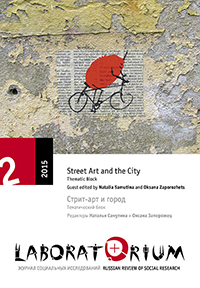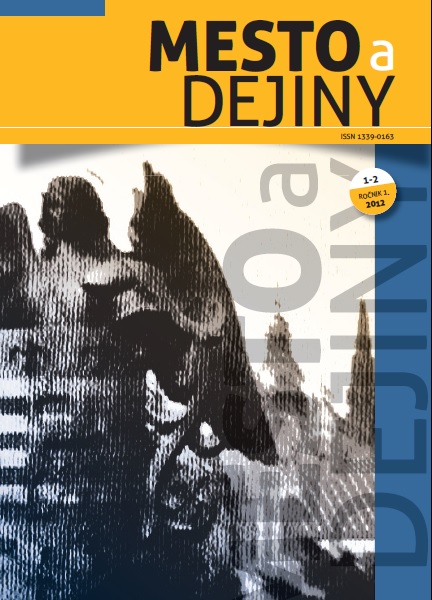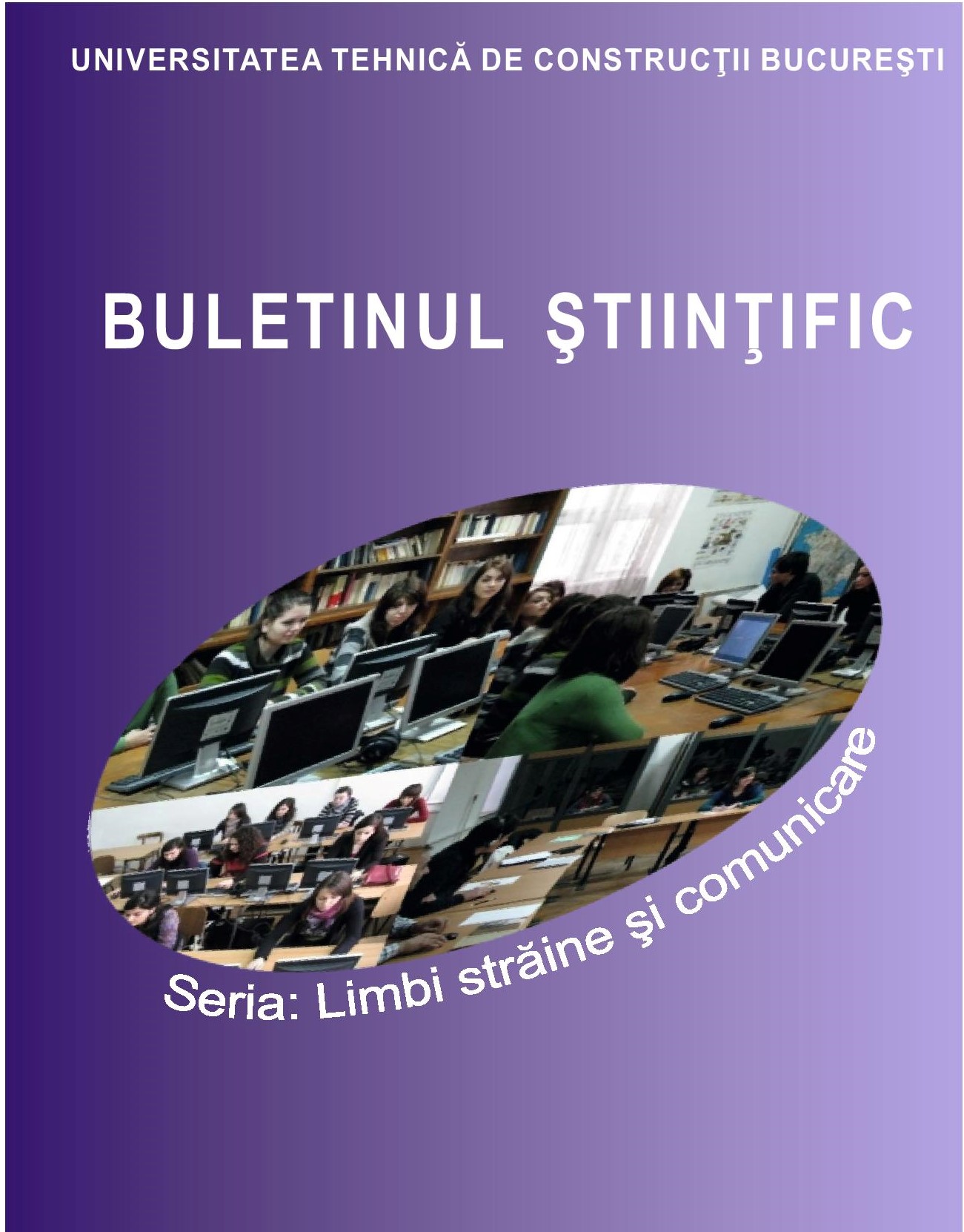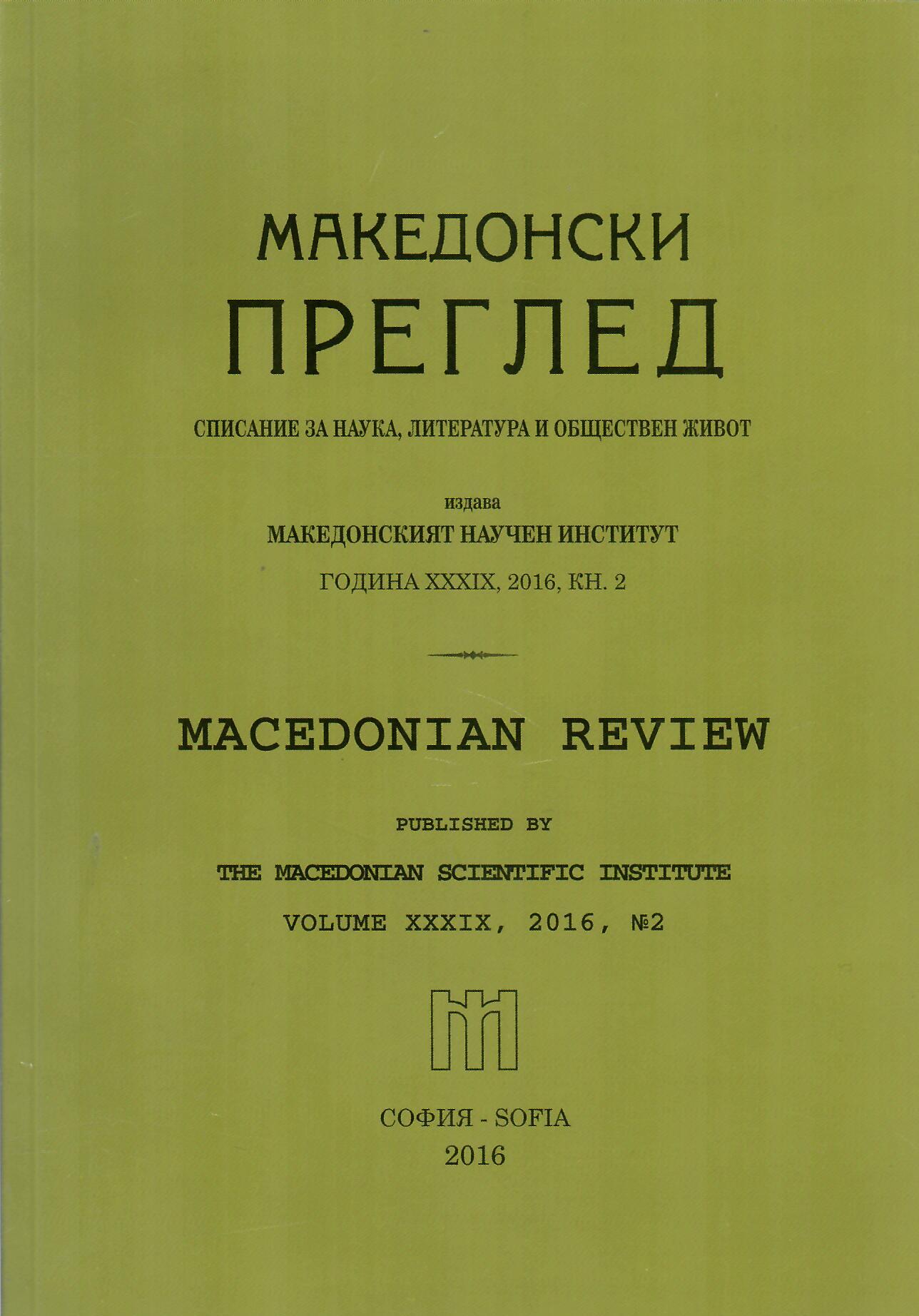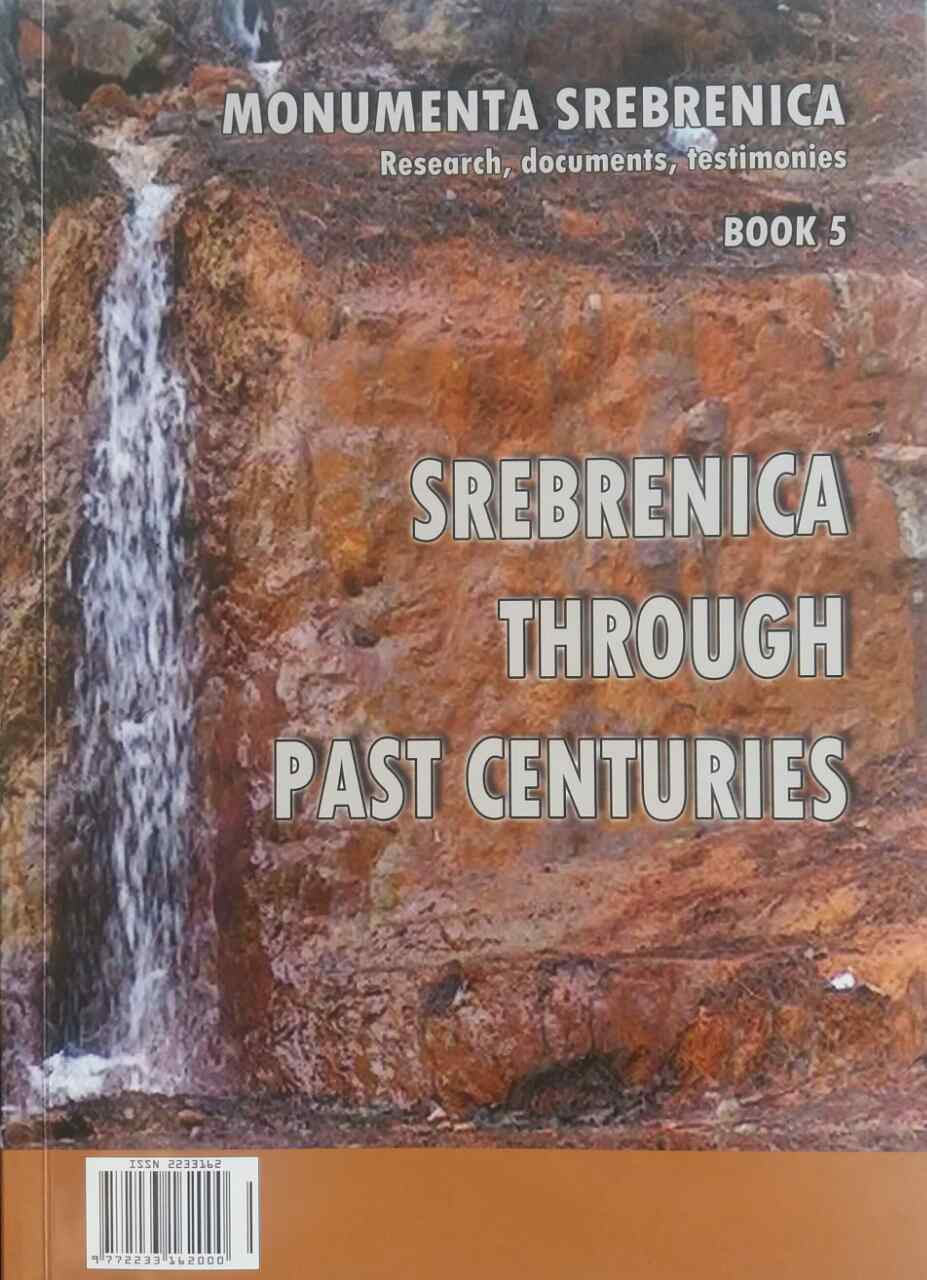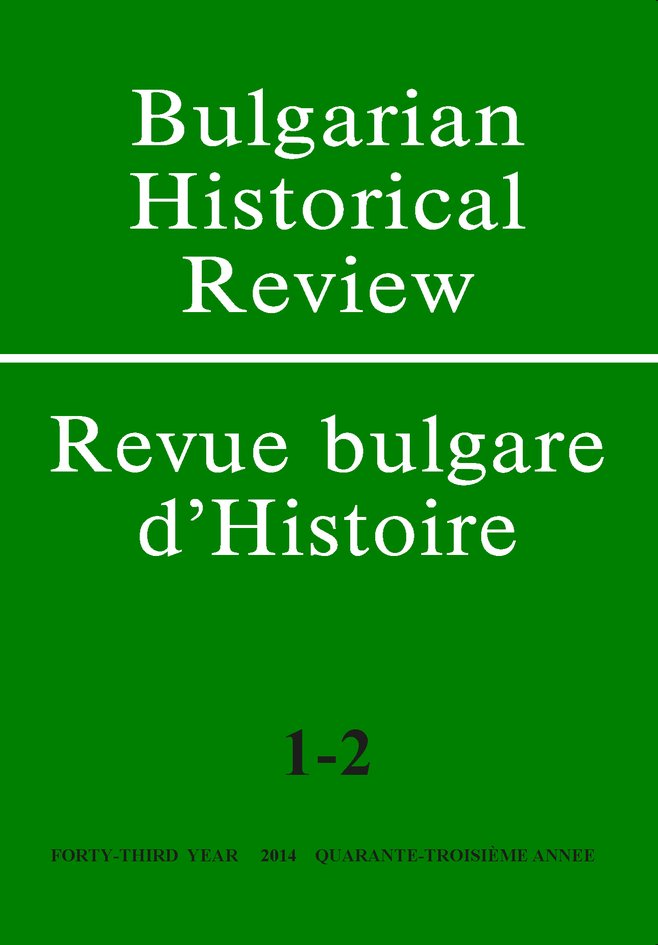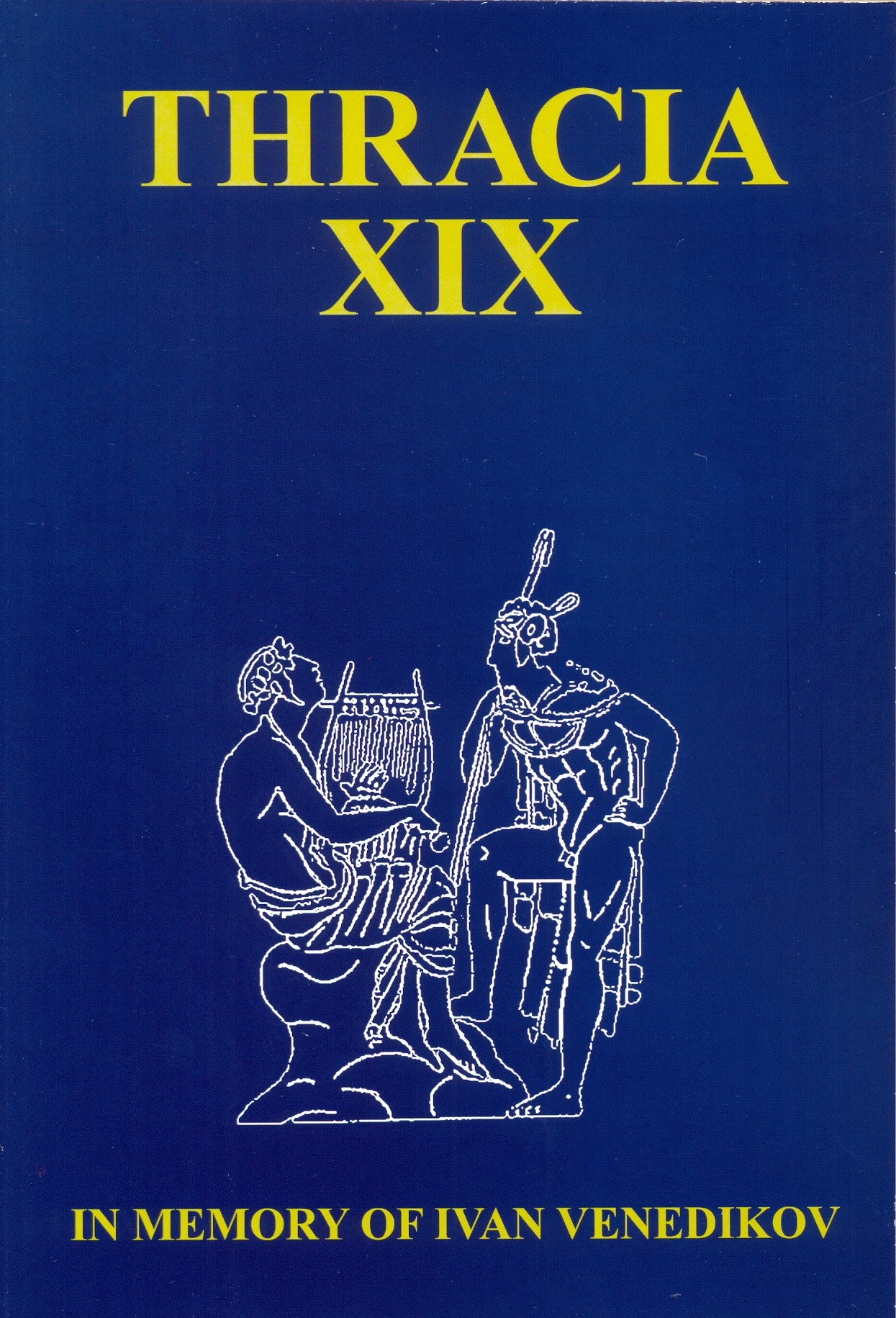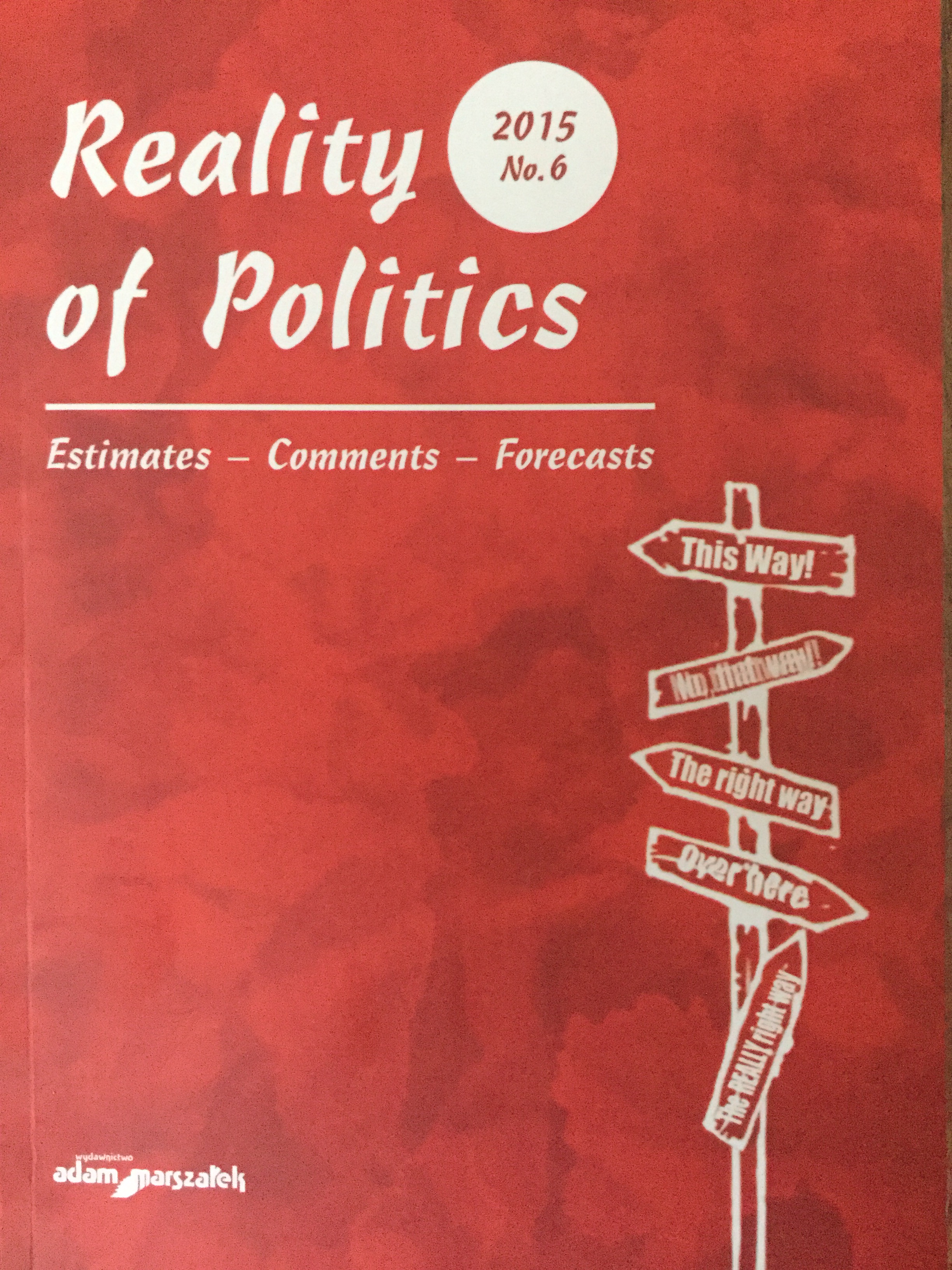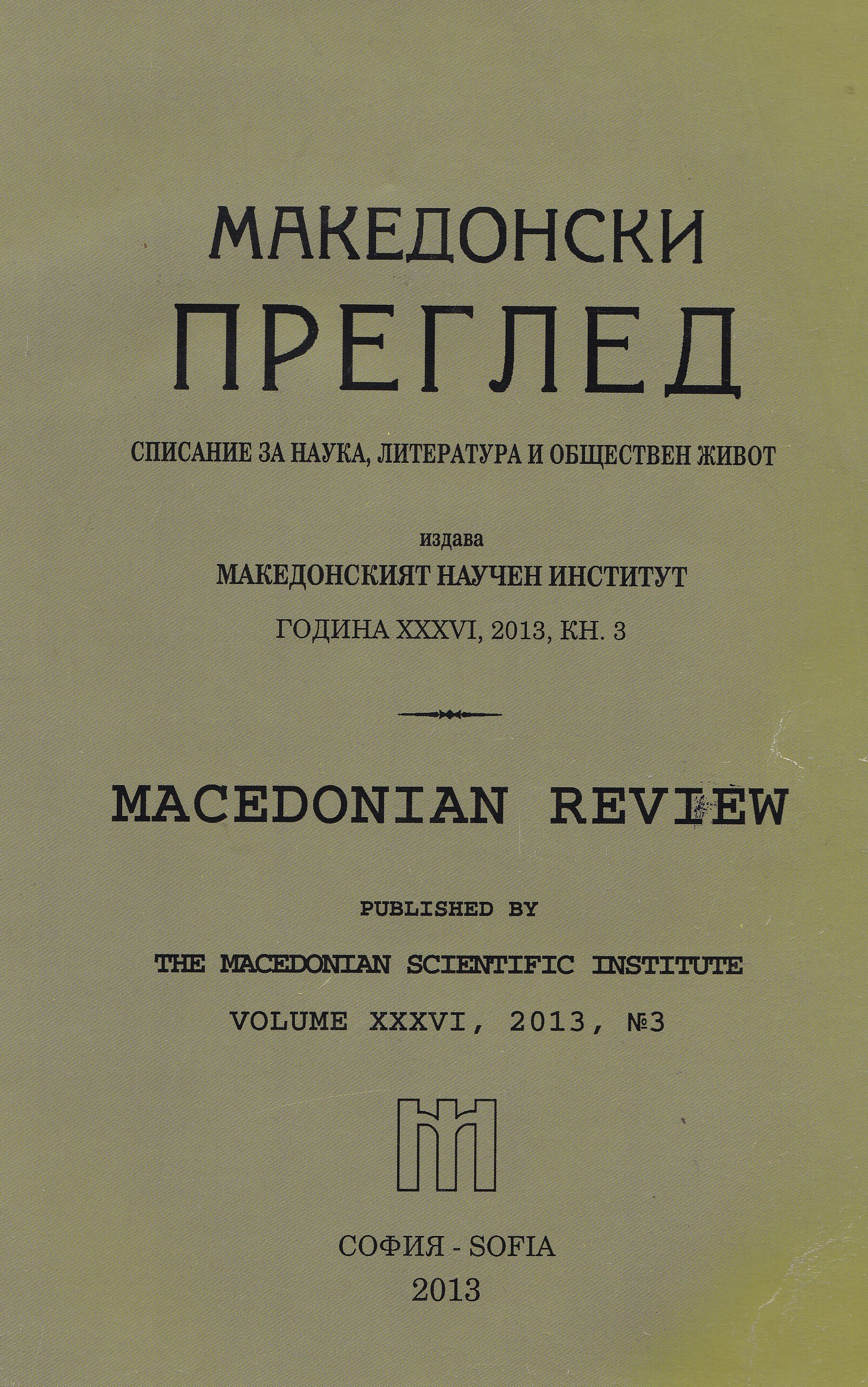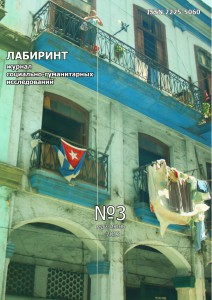
ЧЁРНАЯ «ВОЛГА» И ГОЛЫЕ НЕГРИТЯНКИ: СОВРЕМЕННЫЕ МИФЫ, ГОРОДСКИЕ ЛЕГЕНДЫ И СЛУХИ О ВРЕМЕНАХ ПОЛЬСКОЙ НАРОДНОЙ РЕСПУБЛИКИ
Каждый польский ребёнок слышал о «чёрной “Волге”». Якобы именно на этом автомобиле, ездили то ли ксёндзы, то ли монашки, то ли сотрудники госбезопасности, или даже высокопоставленные советские чиновники, которые, соблазнив детей конфетами, похищали их и убивали [21, с. 312-313]. Возможно, здесь проявляется отголосок «легенд о крови» — рассказов о хищениях и убийствах христианских детей, якобы совершаемых евреями, которые затем использовали кровь для приготовления мацы [24]. Байки о «чёрной “Волге”» — один из самых популярных современных нарративов, называемых городскими легендами. Впрочем, в области терминологии современного фольклора царит хаос, отражающий, на мой взгляд, существующие дефиниционные проблемы. Дионизиуш Чубала, главный польский исследователь этого явления, пишет: «В своей работе я употребляю множество терминов. Я говорю: “сплетня”, “слух”, “сенсация”, “новость”, “городская легенда”, “современный миф”. Ранее Дорота Симонидес пользовалась терминами: “рассказ из жизни”, “невероятная история”, “ужасная история”, “вампирическая”, а Чеслав Хернас употреблял словосочетание “легенда факта”. Этот номенклатурный плюрализм указывает на некоторую нашу терминологическую беспомощность, одновременно доказывая необ- ходимость срочного уточнения отдельных понятий» [6, 32]. Также и в английском языке нет в этом плане терминологического единогласия: самые часто употребляемые определения — это «urban legend», «modern legend», «contemporary legend», «rumor legend», «modern myth», «rumor», «gossip». По моему мнению, самая важная опознавательная черта рассказов данного типа — это способ отсылки к их подлинности.
More...
